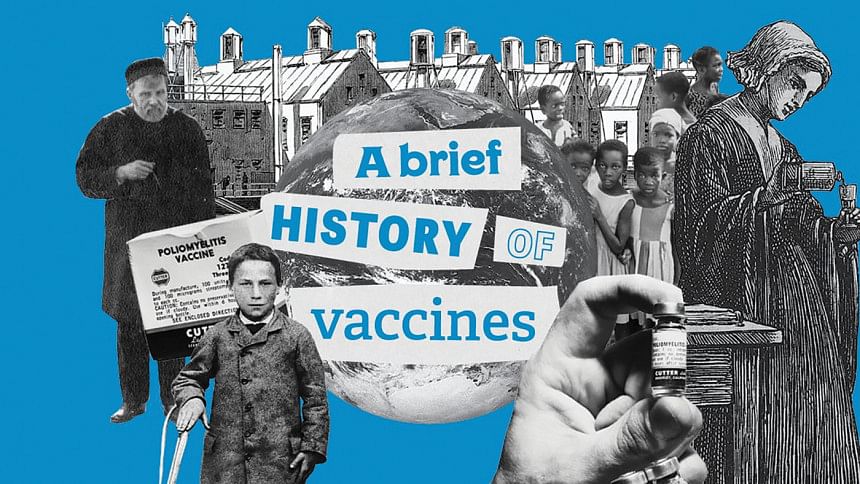Reflecting on five decades of the Expanded Programme on Immunisation (EPI)

Vaccines have long been a cornerstone of public health, preventing the spread of deadly diseases and saving countless lives. In 1974, the World Health Organisation (WHO) launched the Expanded Programme on Immunisation (EPI), a global initiative to ensure equitable access to life-saving vaccines for every child, regardless of geographic location or socioeconomic status. Over the past five decades, EPI evolved and achieved remarkable milestones that reshaped global health.
The 50th anniversary of EPI in 2024 marked a pivotal moment to celebrate its achievements, reflect on its impact, and renew efforts to strengthen immunisation initiatives.
EPI, initiated during the momentum of the smallpox eradication effort, aimed to provide universal access to life-saving vaccines for children worldwide. By the 1980s, the program had established a robust vaccine supply chain and achieved unprecedented success, with global childhood immunisation levels reaching 80% by the early 1990s.
EPI's milestones included the eradication of smallpox in 1980 and reducing polio by over 99% through partnerships with WHO, UNICEF, Gavi, and others. The program expanded from six childhood vaccines to 13 universally recommended vaccines, including Hepatitis B, Hib, and HPV, alongside context-dependent vaccines like Yellow Fever and Cholera.
EPI innovations extended beyond immunisation, influencing injection safety, solar power integration, and health system strengthening, as demonstrated during the COVID-19 vaccine rollout.
The 50-year journey of EPI underscored immunisation's role as a cornerstone of public health, saving millions of lives and advancing global health equity.
Source: World Health Organisation

 For all latest news, follow The Daily Star's Google News channel.
For all latest news, follow The Daily Star's Google News channel. 



Comments